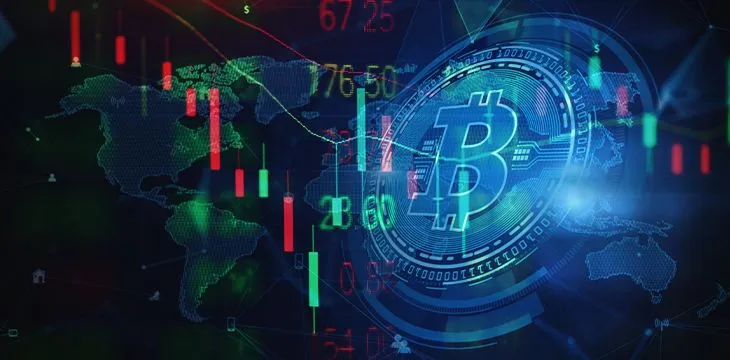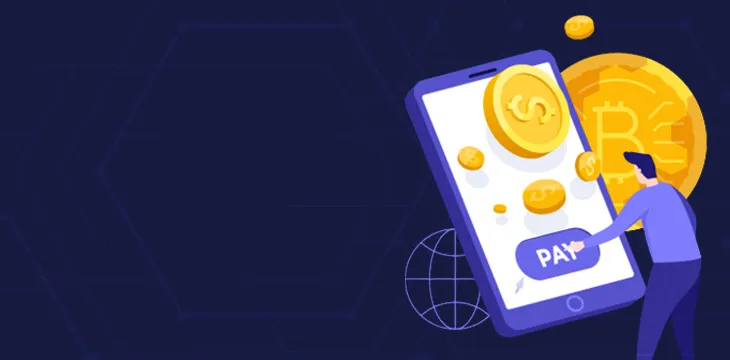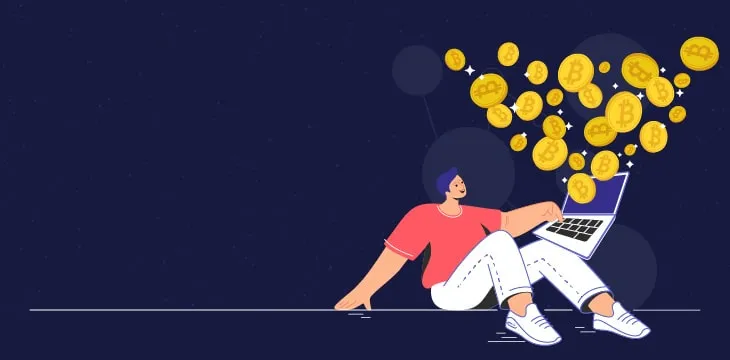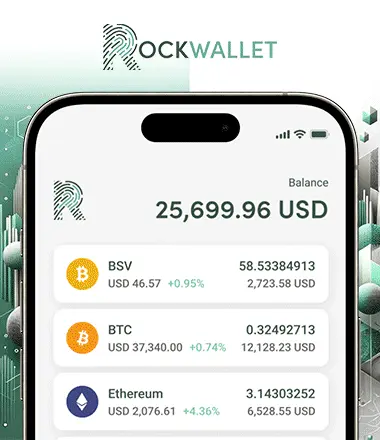What is a digital currency exchange?
Digital currency exchanges are online marketplaces in which users can exchange one kind of digital asset for another based on the market value of the given assets. A few exchanges even allow trading of fiat currencies such as the Euro for digital currencies. Digital currency exchanges have the added benefit of operating their own digital currency wallets; this means that users can send digital currency to the exchange’s wallet or store the tokens on the wallet provided by the exchange.
Why use digital currency exchanges?
Digital currency exchanges are the financial intermediaries needed to create marketplaces for digital currencies while offering clients a web-based gateway to manage their funds.
There are two types of digital currency exchange:
Digital currency exchanges can be either centralized or decentralized.
A centralized exchange is comparable to a traditional stock exchange e.g. trusted middlemen who handle user funds and facilitate trades. The design is that one entity manages closed liquidity pools holding large amounts of tokens and fiat currency. Centralized exchanges are far more accessible, common, and easier to use.
A decentralized exchange does not handle user funds on their behalf and facilitates trades via smart contracts through a user-facing trading interface. P2P exchanges allow people to share data, information, or digital assets in a trustless manner. More specifically, P2P exchanges allow traders to buy and sell digital currencies directly without a central intermediary. Unlike centralized exchanges, P2P exchanges do not compel users to deposit their funds into an exchange. Decentralized exchanges are entirely run by software.
How can I trade digital currency?
Due to know-your-client (KYC) and anti-money-laundering (AML) regulation, many centralized exchanges require verified identification for account setup. The process will usually include a photo of your official ID, and occasionally, a proof of address. Once the user has set up an account on a digital currency exchange, you will need to fund your exchange account to start trading.
To start trading digital currency, you can transfer Bitcoin and other digital currencies, from your personal digital currency wallet to the corresponding digital currency address on your trading account.
Alternatively, you can buy digital currency with fiat via the exchange and the corresponding amount of digital currency that you purchase will automatically be deposited into a wallet that the exchange generates for you.
Most exchanges accept payment via credit card, bank transfer, and some even work with Paypal. The transfer can take minutes or sometimes hours, due to varying exchange confirmation requirements and network bottlenecks. You must also consider that most exchanges charge fees on top of the mining network fee, as sort of a broker fee for the transaction.
While some exchanges charge a single flat fee, other exchanges split their trading fees into two separate fees: the maker fee and the taker fee. The maker fees can be higher than the taker because the maker adds liquidity to the market, so the exchange “rewards” the trader.
Once the account has coins to trade, users can exchange their coins and tokens for another digital currency. Most exchanges work by matching people who want to buy with those who want to sell. Traders can either set a special price they are willing to pay, and the exchange will make the trade when someone matches that price. Or, they can do a ‘buy now’ style transaction that lets them buy at the best price available at that time.
Similarly, traders can opt to sell digital currency by inputting a market order or a limit order. When a market order is picked, the trader is authorizing the exchange to trade his tokens for the best available price in the online marketplace. When a limit order is set, the trader tells the platform to exchange tokens at a specified price.
Once the trader decides to withdraw money from the account, they can do so using the options provided by his exchange. These options could include a bank transfer, PayPal transfer, check mailing, cash delivery, or bank wire.
What are the risks of using digital currency exchanges?
Digital currency exchanges require custody of your digital assets to make trades. Leaving money in centralized exchanges is risky because hacks and breaches have occurred in the past.
Digital currency exchanges are prime-targets because they centralize the risk (have a single attack vector). In addition, the exchange’s servers are subject to maintenance downtime, which creates another attack vector for centralized exchanges to manage. Therefore, once your trade is completed, it is recommended to withdraw the funds to an offline (cold storage) Bitcoin wallet immediately.
The majority of digital currency exchanges are only lightly regulated, which can unfortunately lead to shady or abusive price manipulations. While looking for a digital currency trading platform, users need to keep a number of things in mind.
Questions to Ask Yourself Before Choosing a digital currency Exchange
- Is the platform reputable? Are there a sufficient number of good reviews in the relevant digital currency online forums?
- Is it user friendly? This is particularly crucial if you are a new user or don’t have sufficient technical familiarity with digital currencies.
- What are the features and services offered? Do they have wallets, different trading options, and more?
- Which payment methods are supported?
- What is the KYC policy?
- Does the exchange work in my location?
- Are the exchange rates clear and reasonable?
Where to Buy Bitcoin
Different digital currency exchange platforms offer various types of digital currencies and have different terms, policies, payment methods, and fees. Exchanges also vary in aspects such as security, user-friendliness, functionality, and design. These factors can all play a significant part when choosing the most suitable exchange.
But no matter what region of the world that you live in, you should be able to buy BSV as well as exchange it for other digital currencies through one of the following exchanges: FloatSV, Bittrex, Huobi, and OKEx
But Bitcoin trading isn’t child’s play; it’s important to know the ins and outs of digital currency exchanges and even bitcoin mining before you dive in. It doesn’t hurt to know the technical side of Bitcoin either, so you might want to take a look at our quick guide to smart contracts so that you can become a Bitcoin master and begin trading Bitcoin to the best of your ability.
Recommended for you
Tiny payments are changing the expenses landscape. Micropayments and nanopayments are not entirely new concepts and practices. But with the
You can earn money when you explore the world of Bitcoin and understand its intricacies. Once you get the hang

 07-05-2025
07-05-2025 



